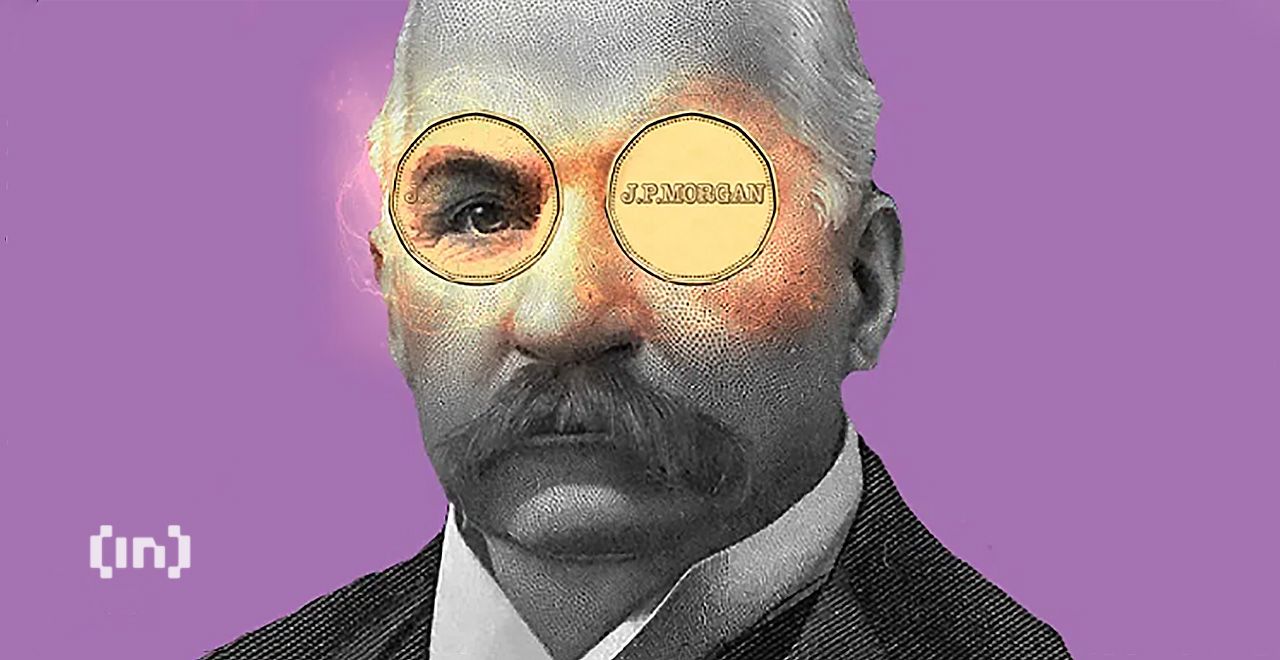A US court has handed a legal victory to digital artist Kevin McCoy in an ownership challenge over the first ever NFT
Law
The judge called the lawsuit an attempt to “exploit” open ownership issues.
Kevin McCoy, the artist widely credited with creating the first NFT, and auction house Sotheby’s have won a legal victory in a lawsuit challenging the terms and propriety of a 2021 sale in which the token sold for $1.47 million.
U.S. Magistrate Judge James L. Cott dismissed a lawsuit, in a detailed 43-page decision issued March 17 that marks one of the first important tests of NFT ownership and is likely to set precedent going forward.
The plaintiff in the case, filed in the US District Court, Southern District of New York, was anonymous and sued through Free Holdings, a Canadian holding company. The allegations centered on the fact that McCoy, in 2014, had created Quantum, his first NFT, using a blockchain known as Namecoin. McCoy later chose to preserve his original metadata by using a token on another and more modern blockchain, Ethereum. McCoy’s sale of Quantum at Sotheby’s in 2021 included the Ethereum token.
“About a month before the sale, Free Holdings created a new NFT on the Namecoin blockchain, using the same namespace that McCoy had used seven years earlier and duplicating McCoy’s original metadata. Free Holdings then claimed that it was in fact the owner of the ‘first ever NFT ‘,” according to a statement shared with Artnet News from McCoy’s attorneys at Pryor Cashman.
“The court rejected this position and awarded judgment to McCoy and co-defendant Sotheby’s,” the statement continued.
Asked for comment, a Sotheby’s representative said by email: “The complete dismissal of this case is a complete confirmation of Sotheby’s position. We are pleased with the win and its significant impact on digital artists and marketplaces.”
Kevin McCoy’s Quantum (2014) at Sotheby’s. Photo: Tristan Fewings/Getty Images for Sotheby’s.
– We are disappointed by the court’s decision. We are considering all of our options, including an appeal,” said Moish E. Peltz, the attorney for Free Holdings, in an email to Artnet News.
Despite wading into very detailed and technical territory regarding NFTs and blockchain, the ruling was relatively straightforward in resolving the issues and strongly favored both the fact of McCoy’s creation of the NFT and the manner in which it was marketed and sold at via Sotheby’s innovative “Natively Digital” sale held in June 2021.
Judge Cott cited several key grounds proposed by McCoy and Sotheby’s as rational for granting dismissal, such as “failure to state a claim upon which relief may be granted,” as well as the fact that the court lacked subject matter jurisdiction over the claims.
He went on to write: “Free Holdings has shown nothing more than an attempt to exploit open questions of ownership in the ever-evolving NFT field to claim the merits of a legitimate artist and creator. It does not claim that it took any part in the creation of Quantum or the blockchains used to record it. Free Holdings has thus failed to allege that unjust enrichment occurred in these circumstances.”
The Pryor Cashman team was led by litigation partner William Charron, who leads Pryor Cashman’s Art Law practice, with support from partners Robert deBrauwere and Megan Noh (who lead the Art Law practice focusing on NFT matters), and litigation. collaborators Nicholas Saady and Maya Katalan.
Follow Artnet News on Facebook:
Do you want to be at the forefront of the art world? Subscribe to our newsletter to get the latest news, eye-opening interviews and sharp critiques that drive the conversation forward.


